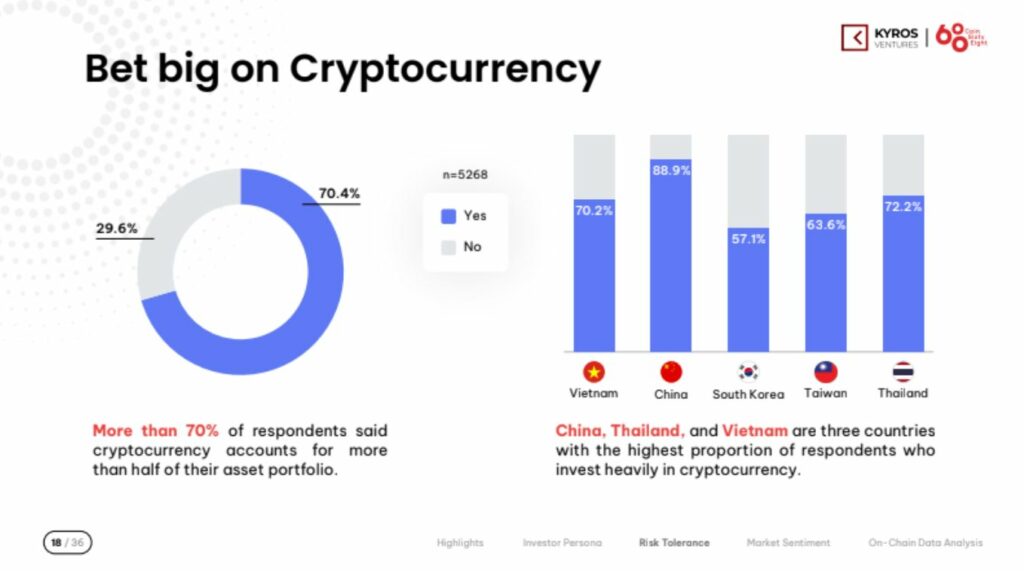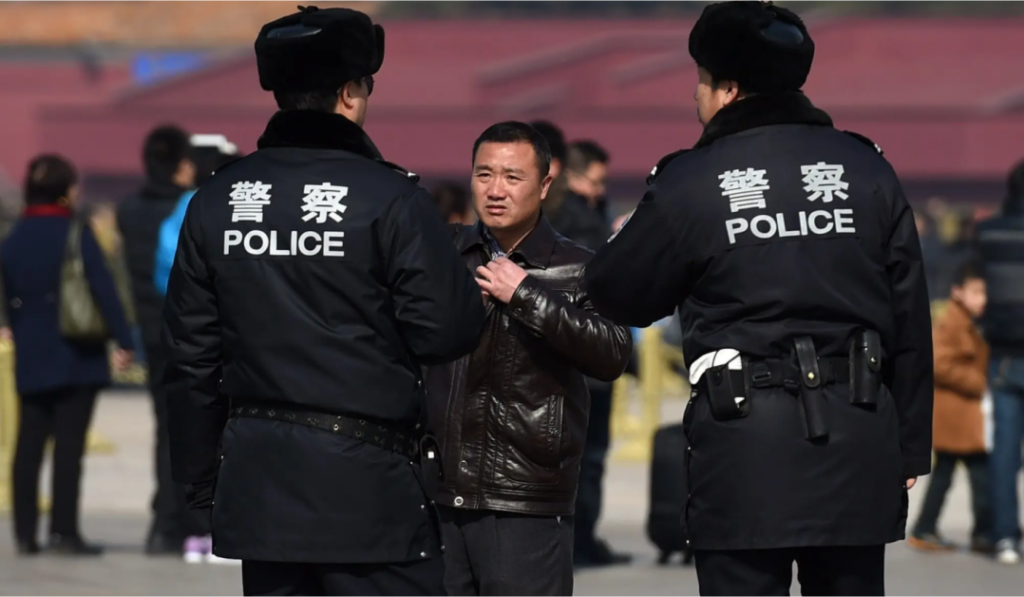Chinese police have uncovered a $1.9B underground banking scheme in Chengdu involving the use of USDT to exchange foreign currency.
Chinese police have discovered a $1.9 billion clandestine banking scheme using the well-known stablecoin Tether. The underground banking operations in Chengdu, China utilized the Tether stablecoin to swap foreign currency.
Chinese Police Discover Banking Racket Operations
The Chinese police stated they had apprehended 193 people in 26 provinces and highlighted the specifics of the covert operations in a media release.
According to the police investigation, the USDT financial operations were underground and started in January 2021. Their main purpose was to transport investment assets, cosmetics and medications outside.
Authorities in Hunan and Fujian shut down two clandestine operations and they also froze 149 million yuan, or $20 million connected to the USDT financial activities.
Even though there is a complete restriction on cryptocurrency-related activity in China, Chinese merchants continue to use cryptocurrency assets in ways that go beyond the national ban.
According to a report by Kyros Ventures, Chinese merchants are among the world’s biggest stablecoin holders. Chinese investors own several stablecoins at a rate of 33.3% according to the report only surpassed by Vietnamese investors at 58.6%.

The Chinese government has outlawed the use of cryptocurrencies, cryptocurrency exchanges and Bitcoin mining operations. Over time, though, the local populace has discovered ways to get over this prohibition.
China was the country that contributed the most to the Bitcoin network’s hash rate at the time of the mining ban. Nevertheless, Chinese mining hash rate contributions climbed to second place within a year after the ban.
Chinese traders also shifted to decentralized exchanges when the government outlawed centralized exchanges.
After usage of decentralized finance-based protocols by Chinese merchants increased dramatically after the prohibition and some of them used virtual private networks to circumvent the restrictions.
